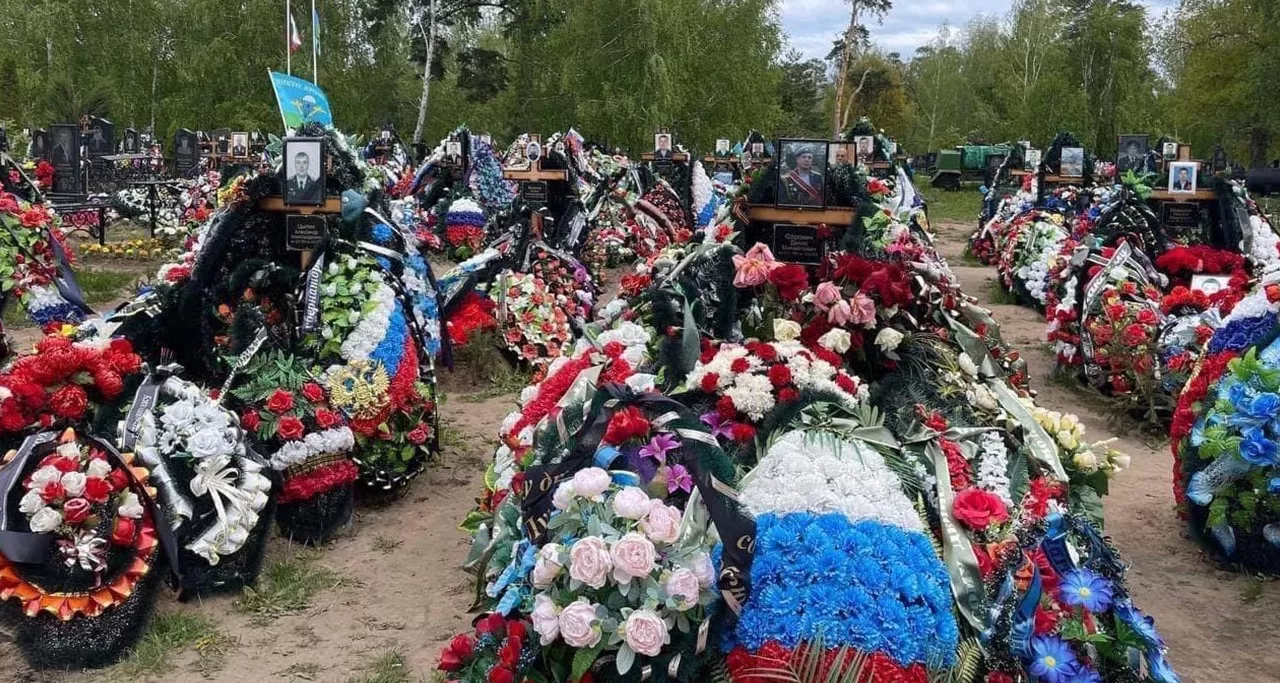An increasing number of Russian families whose relatives died in the war in Ukraine are accusing the Russian Ministry of Defense of returning bodies that do not belong to their loved ones. According to the independent project Okno, in many cases no documents or personal belongings are provided, and requests for DNA testing are ignored.
Twenty-three-year-old Maksim Mikhailov stopped communicating at the end of March. At the military enlistment office, his mother was told that his body had been identified by fellow soldiers and a commander, so a DNA test was supposedly unnecessary. Later, it turned out that no identification had actually taken place — and his comrades had no idea where the body was.
“They told me he was identified, but later I found out they just lost him. There was no identification at all,” Maksim’s mother said.
In May, the family received a sealed coffin with strict instructions not to open it. The death certificate was handwritten: “killed by explosion.” No personal belongings were returned.
“They threatened us at the coffin — said we’d break the law if we opened it. I begged for at least a photo. Nothing. No DNA test either. Friends googled something — said there was a similar case: a family opened the coffin, and it wasn’t their child. They sued. But they ended up being sued, not the Defense Ministry,” said Valeria, the soldier’s widow.
In some cases, discrepancies between the reported dates of death and injury raise further doubts. For example, Nikolai Turov was officially listed as killed on October 23, 2024, but remained in the wounded registry until the 27th. His body was badly decomposed, making identification impossible, and the family was shown only a blurry photo.
“They gave us a photo — just a blue body, nothing visible. It hurts so much. And still no answers,” said his wife.
On social media, relatives of other soldiers are sharing similar stories. Some, even after receiving DNA confirmation, remain unconvinced.
“My brother went missing on October 15. His head was blown off — there was nothing left to recognize. But someone used his phone to log into Telegram nearly a month later,” said Yuliya Hetmanskaya, the sister of a deceased soldier.
A deal on exchanging bodies between Russia and Ukraine was reached during negotiations in Istanbul, but many remains remain unidentified — and not all families are certain they are burying their own.
